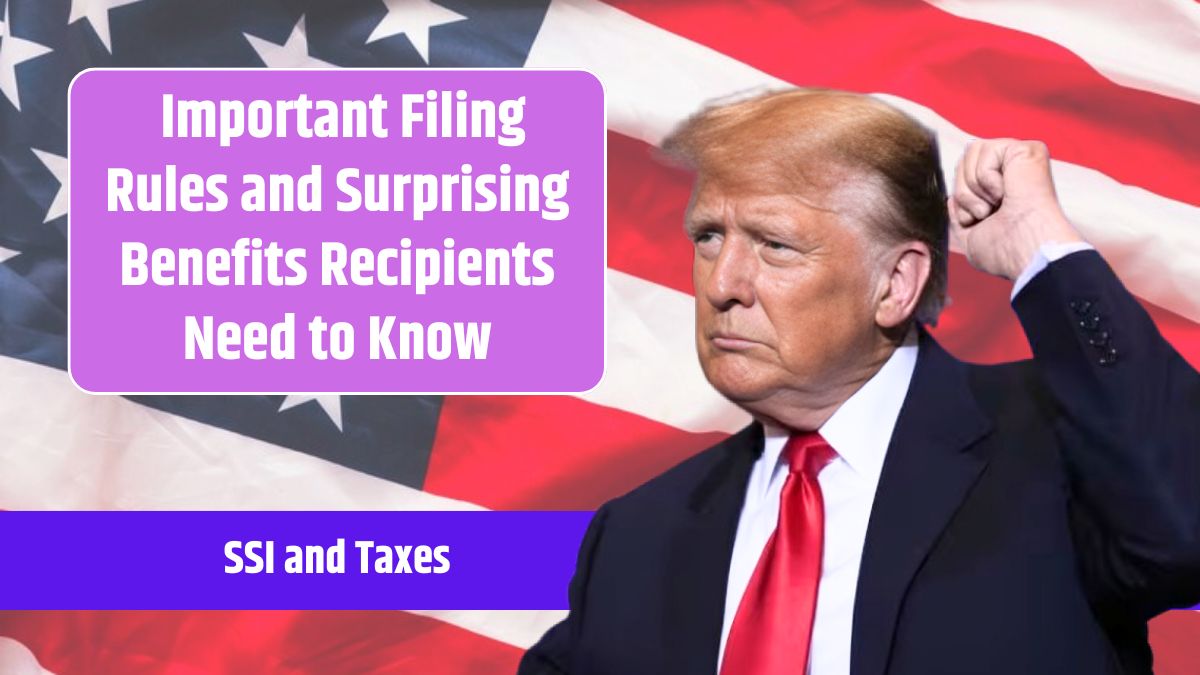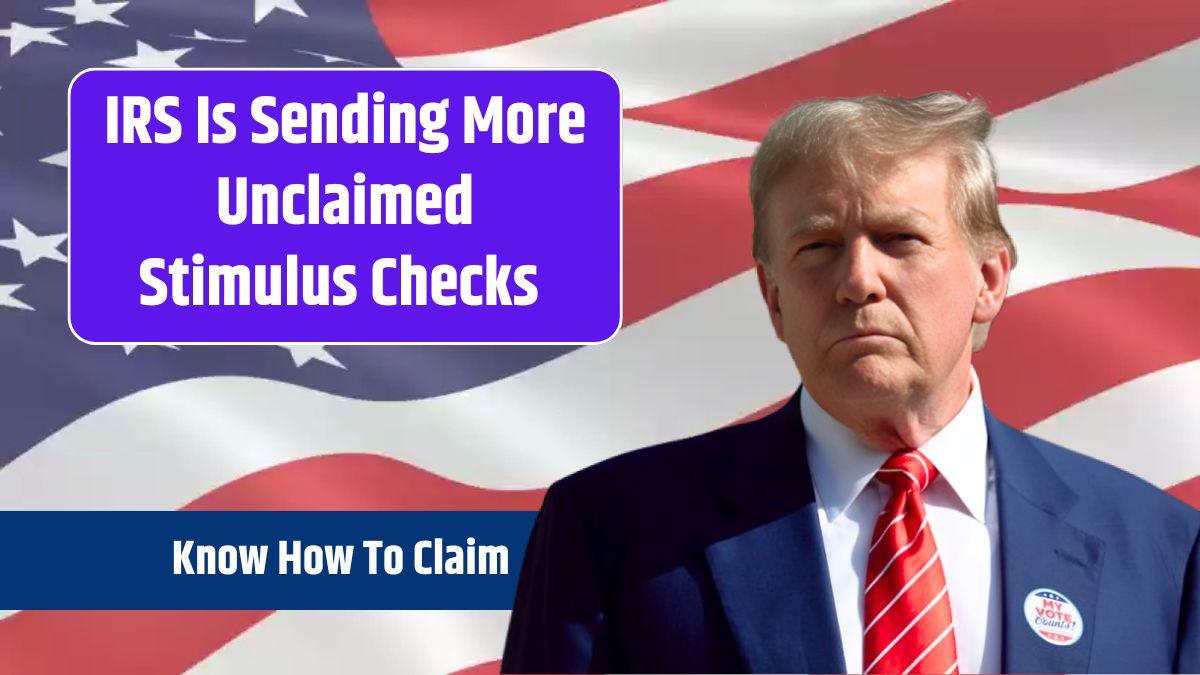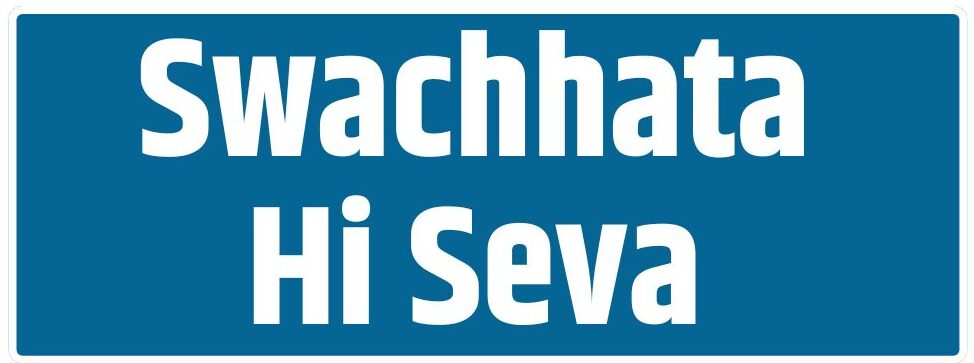Tax season is approaching, and if you receive Supplemental Security Income (SSI), you might assume you don’t need to file a tax return. Technically, you’re right—SSI isn’t taxable, and beneficiaries aren’t required to file.
But here’s the twist: filing could actually put more money in your pocket. Sounds interesting, right? Let’s look into why filing might be worth considering, even if you don’t owe any taxes.
Benefits
Even though SSI payments aren’t taxable, filing a tax return can unlock financial benefits in the form of tax credits. These credits could boost your refund, even if you had little to no earned income.
Two key credits that could benefit you include:
- Child Tax Credit (CTC): If you have children under 17, you might qualify for up to $2,000 per child. Even if you don’t owe taxes, a portion of this credit is refundable, meaning you could still receive money back.
- Earned Income Tax Credit (EITC): If you had any earned income, such as from a part-time job, you might be eligible for this credit. It’s specifically designed for low- to moderate-income workers and can significantly increase your refund.
By skipping a tax return, you could be missing out on these valuable credits. So, even if the IRS doesn’t require you to file, doing so might still put cash in your wallet.
Filing Criteria
Your need to file depends on your total income, not just your SSI. Let’s break it down:
| Income Type | Do You Need to File? |
|---|---|
| Only SSI | No |
| SSI + Social Security | Maybe (depends on total income) |
| SSI + Part-Time Job | Likely (if you qualify for tax credits) |
| SSI + Pension/401(k) Withdrawals | Likely (depends on total taxable income) |
If your only source of income is SSI, you don’t need to file. However, if you have additional income—like a side job or retirement withdrawals—your total earnings might require filing.
Getting Tax Documents
Since SSI isn’t taxable, the Social Security Administration (SSA) won’t send a tax form for your SSI payments. However, if you also receive Social Security benefits, SSA will provide a Social Security Benefit Statement (Form SSA-1099) in January. You can access this form online through your My Social Security account.
If you had any other income—such as wages or pension withdrawals—you should receive tax forms (like a W-2 or 1099) from your employer or financial institution.
Easy Filing Options
If you’re unsure whether you should file, don’t worry—help is available! You can:
- Use free tax software like IRS Free File to check if you qualify for a refund.
- Consult a tax professional to see if you’re missing out on credits.
- Visit a Volunteer Income Tax Assistance (VITA) center, where IRS-certified volunteers can help you file for free.
Filing might be easier than you think, and the effort could result in a surprise refund. So, before you assume filing isn’t necessary, take a closer look—you might have extra money waiting for you!
FAQs
Do I need to file taxes if I only get SSI?
No, SSI alone isn’t taxable, so you’re not required to file.
Can I get a refund if I don’t owe taxes?
Yes, if you qualify for refundable tax credits like the EITC or CTC.
What tax credits can SSI recipients get?
You might qualify for the Child Tax Credit or the Earned Income Tax Credit.
How do I get my Social Security tax form?
You can access your SSA-1099 form online through your My Social Security account.
Where can I file taxes for free?
You can use IRS Free File or visit a VITA center for free tax help.

















